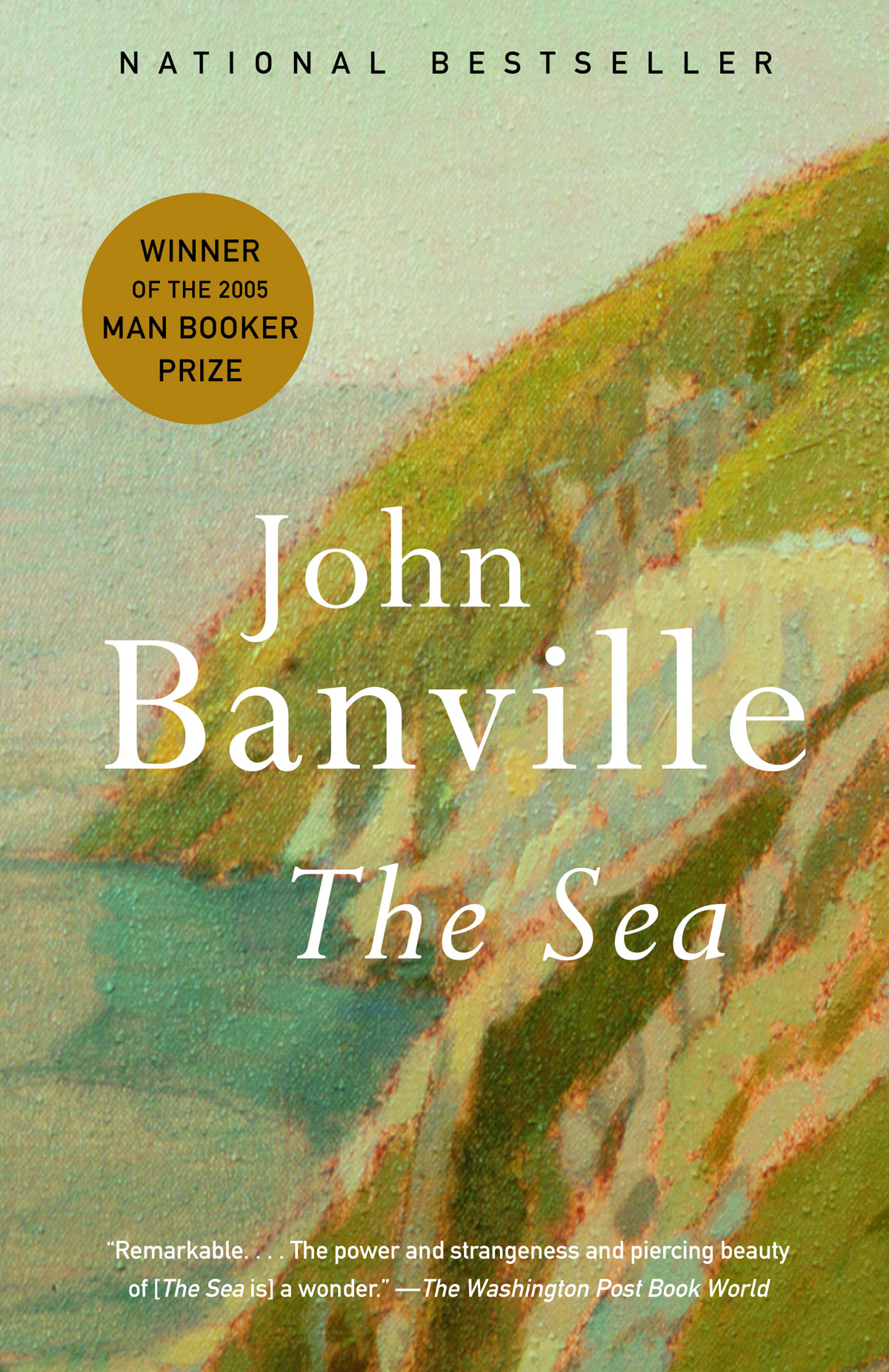
Author: John Banville
Publication Year: 2005
Length: 195 pages
There’s something about the way that Banville writes that just kind of casts a pall over everything. I guess the best adjective I can come up with is somber. The Sea fits right in that cubby; it’s as if even when something upsetting or life-changing or even plot-defining is happening nothing’s happening. Some authors feel like they’re drawing giant arrows on the page pointing to a passage in order to say “this is important!” Banville lets his storylines just kind of unfurl and, like the sea, ebb and flow in a very realistic manner, never cresting and causing waves, but just rolling along from beginning to end as one large, cohesive body. This, a story of loss, discovery and reconciliation, has no discernible agenda other than to economically (the novel is only 208 pages) tell the tale of one man’s reclaiming his past in light of his present–or is it the other way around? Whatever the case, our protagonist, Max Morden, is a man who thinks that after the death of his wife he can escape himself by retreating to a past that he only discovers isn’t the past he recalls when faced with his adult perceptions. Wow, for a simple book I’m making this seriously confusing. The point is that Banville is both a subtle and beautiful writer who can craft a tale that is both gothic and modern, as light as air and as heavy as a life unfulfilled.


